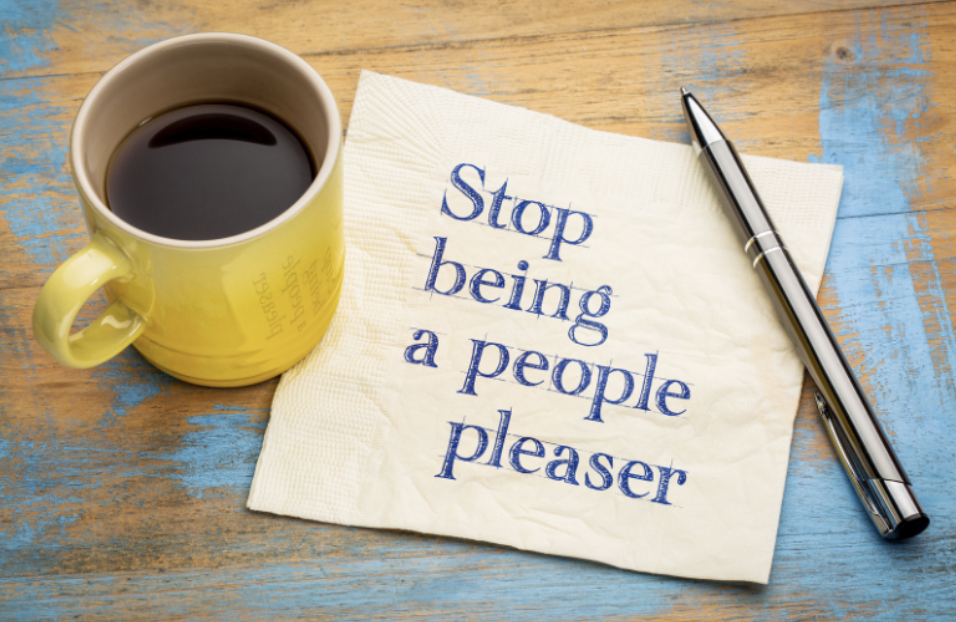
Procrastination is something almost everyone struggles with at some point. Whether it’s putting off a work project, delaying household chores, or avoiding a personal goal, procrastination can leave us feeling stuck, guilty, and overwhelmed. While it’s often dismissed as laziness or poor time management, procrastination is usually a deeper issue tied to emotions, fears, and mental health.
The good news? Procrastination doesn’t have to control your life. By understanding its root causes and implementing practical strategies, you can break the cycle and take meaningful steps toward your goals. In this blog, we’ll explore why we procrastinate, its impact on mental health, and actionable tips to overcome it.
What Is Procrastination?
Procrastination is the act of delaying or postponing tasks, even when we know they’re important or time-sensitive. It’s not just about being lazy—it’s often a coping mechanism for dealing with stress, fear, or discomfort.
Common signs of procrastination include:
- Avoiding tasks by distracting yourself with less important activities.
- Feeling paralyzed by the thought of starting a task.
- Making excuses or rationalizing why you can’t start yet.
- Experiencing guilt or anxiety about the tasks you’re avoiding.
Why Do We Procrastinate?
Procrastination is rarely about the task itself—it’s about the emotions and thoughts associated with it. Here are some common reasons people procrastinate:
- Fear of Failure
The fear of not doing something perfectly can make it hard to start. - Fear of Success
Success can bring new responsibilities or expectations, which can feel overwhelming. - Lack of Clarity
Not knowing where to start or how to approach a task can lead to avoidance. - Perfectionism
The pressure to do everything perfectly can make tasks feel daunting. - Low Self-Confidence
Doubting your abilities can make you hesitant to take action. - Emotional Discomfort
Tasks that feel boring, stressful, or overwhelming are easy to put off. - Poor Time Management
Underestimating how long tasks will take can lead to last-minute rushes.
The Impact of Procrastination on Mental Health
Procrastination isn’t just a productivity issue—it can take a toll on your mental health, leading to:
- Increased Stress and Anxiety: The longer you delay, the more pressure builds.
- Guilt and Shame: Procrastination can lead to negative self-talk and feelings of inadequacy.
- Lower Self-Esteem: Repeatedly failing to meet goals can erode your confidence.
- Burnout: Last-minute rushes to complete tasks can leave you exhausted.
Strategies to Overcome Procrastination
Overcoming procrastination requires a combination of self-awareness, emotional regulation, and practical tools. Here are some strategies to help you take control:
1. Understand the Root Cause
- Reflect on Your Triggers: What emotions or thoughts come up when you procrastinate? Are you afraid of failure, overwhelmed, or unsure where to start?
- Journal Your Thoughts: Writing about your procrastination habits can help you identify patterns and underlying fears.
2. Break Tasks into Smaller Steps
- Start Small: Break large tasks into smaller, manageable steps. For example, instead of “write a report,” start with “outline the first section.”
- Use the Two-Minute Rule: If a task takes less than two minutes, do it immediately. For larger tasks, commit to working on them for just two minutes to build momentum.
3. Set Clear Goals and Deadlines
- Be Specific: Define what you want to accomplish and when. For example, “I will finish the first draft of my presentation by Friday.”
- Use Time Blocking: Schedule specific times in your day to work on tasks.
4. Prioritize Tasks
- Use the Eisenhower Matrix: Categorize tasks into four quadrants: urgent/important, not urgent/important, urgent/not important, and not urgent/not important. Focus on what truly matters.
- Tackle the Hardest Task First: Completing the most challenging task early in the day can boost your confidence and momentum.
5. Create a Productive Environment
- Minimize Distractions: Turn off notifications, clear your workspace, and create a focused environment.
- Use Tools and Apps: Productivity apps like Trello, Todoist, or Pomodoro timers can help you stay on track.
6. Practice Self-Compassion
- Be Kind to Yourself: Procrastination doesn’t mean you’re lazy or incapable. Treat yourself with understanding and patience.
- Celebrate Progress: Acknowledge even small steps forward as victories.
7. Address Perfectionism
- Embrace Imperfection: Remind yourself that done is better than perfect.
- Set Realistic Standards: Aim for progress, not perfection.
8. Manage Your Emotions
- Practice Mindfulness: Stay present and observe your thoughts and feelings without judgment.
- Use Positive Self-Talk: Replace “I have to” with “I choose to” to reduce feelings of pressure.
9. Build Accountability
- Share Your Goals: Tell a friend, family member, or colleague about your plans to create external accountability.
- Work with a Partner: Find an accountability buddy to check in with regularly.
10. Reward Yourself
- Create Incentives: Reward yourself for completing tasks, whether it’s a break, a treat, or something you enjoy.
- Celebrate Milestones: Acknowledge your progress and celebrate your achievements.
Final Thoughts
Procrastination is a common struggle, but it doesn’t have to define your life. By understanding the emotions and fears behind your procrastination and implementing practical strategies, you can take control of your time and achieve your goals. Remember, progress is more important than perfection—every small step counts.
If procrastination feels overwhelming or is significantly impacting your life, consider seeking support from a therapist or coach. They can help you explore deeper emotional barriers and develop personalized strategies for change.
You have the power to break free from procrastination and create a life of purpose and productivity. Start today—one small step at a time.
By Dr. Louisana Louis, Psychiatric Mental Health Nurse Practitioner































